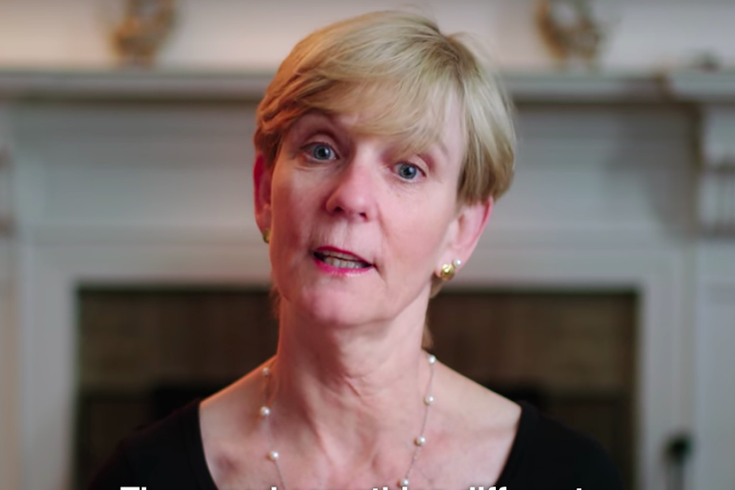
How did that evolve for you, as something that is such an integral part of your career, your writing, and your teaching?

“I think it's going to be important, but it won't make diagnosis a science because bodies are too variable, symptoms are very variable and the way people tell their stories is different.This gripping, puzzling series begins with you, and your own transformation from someone who believed that a diagnosis was always a finite thing, like solving a math problem, to it becoming a detective story. Plus, she offers her take on the impact AI will have in aiding the diagnostic process. In this lively exchange with host Shiv Gaglani, Sanders shares insights on a wide range of topics including opening up the diagnostic process, the critical importance of being able to take a good patient history and the work she is about to begin as the medical director of the Long Covid Clinic at Yale New Haven Health. You’re in for more of that refreshing frankness from Sanders whose fascinating career path includes network TV journalism, advising the popular “House, MD” series on Fox and writing several books, including her most recent, Diagnosis: Solving the Most Baffling Medical Mysteries. Lisa Sanders, an associate professor at Yale School of Medicine who is perhaps best known as the author of the “Diagnosis” column for the New York Times Magazine. I'm not sure if doctors understand this, either,” says Dr. “Patients don’t understand how little we actually know in medicine. “I think it's going to be important, but it won't make diagnosis a science because bodies are too variable, symptoms are very variable and the way people tell their stories is different.”





 0 kommentar(er)
0 kommentar(er)
